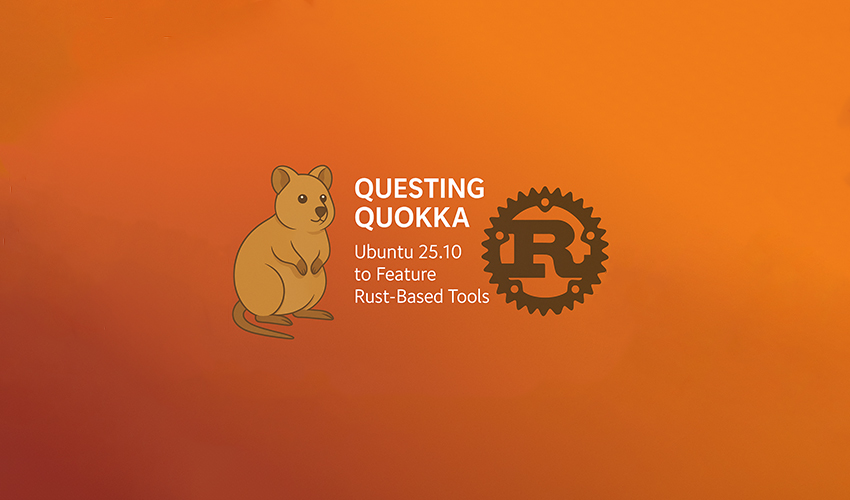How Questing Quokka (25.10) Ushers a New Era of Rust-Based Tools

Introduction: A New Chapter for Ubuntu
Ubuntu 25.10, affectionately codenamed Questing Quokka, represents more than just the latest iteration of Canonical’s flagship Linux distribution. It marks a decisive step towards modernizing the foundation of Ubuntu by integrating Rust, a systems programming language renowned for its safety, performance, and modern design. This bold move signals Canonical’s commitment to security, reliability, and future-proofing its desktop and server operating systems.
The release of Questing Quokka aligns with a growing trend across the Linux ecosystem: embracing Rust as a key technology for building low-level components. But what does this mean for Ubuntu users and developers? Let’s explore the significance of this change, what tools are being rewritten or introduced in Rust, and how this positions Ubuntu for the future.
Why Rust? The Language of Safety and Speed
The Need for Safer Code
For decades, core components of Linux distributions—including Ubuntu—have been written predominantly in C. While C offers unmatched control and performance, it also exposes developers to a range of memory-related errors: buffer overflows, use-after-free bugs, and data races, to name a few. These flaws are among the leading causes of vulnerabilities that compromise system security.
Rust was designed specifically to address these issues. It offers:
-
Memory safety without garbage collection: Rust’s ownership model and borrow checker ensure that memory errors are caught at compile time.
-
Fearless concurrency: Developers can write multithreaded code that’s safe by default.
-
Modern tooling and ecosystem: A robust package manager (Cargo), modern build tooling, and vibrant community support.
Linux and Rust: A Growing Bond
Ubuntu is not alone in recognizing Rust’s advantages. The Linux kernel itself has started to accept Rust code, with drivers and modules being prototyped in Rust to enhance safety. Projects like GNOME, System76’s COSMIC desktop, and various networking utilities have already begun leveraging Rust.
By adopting Rust-based tools, Canonical is aligning Ubuntu with this broader movement—ushering in a future where critical system software is both fast and secure.
Source: Linux Journal - The Original Magazine of the Linux Community